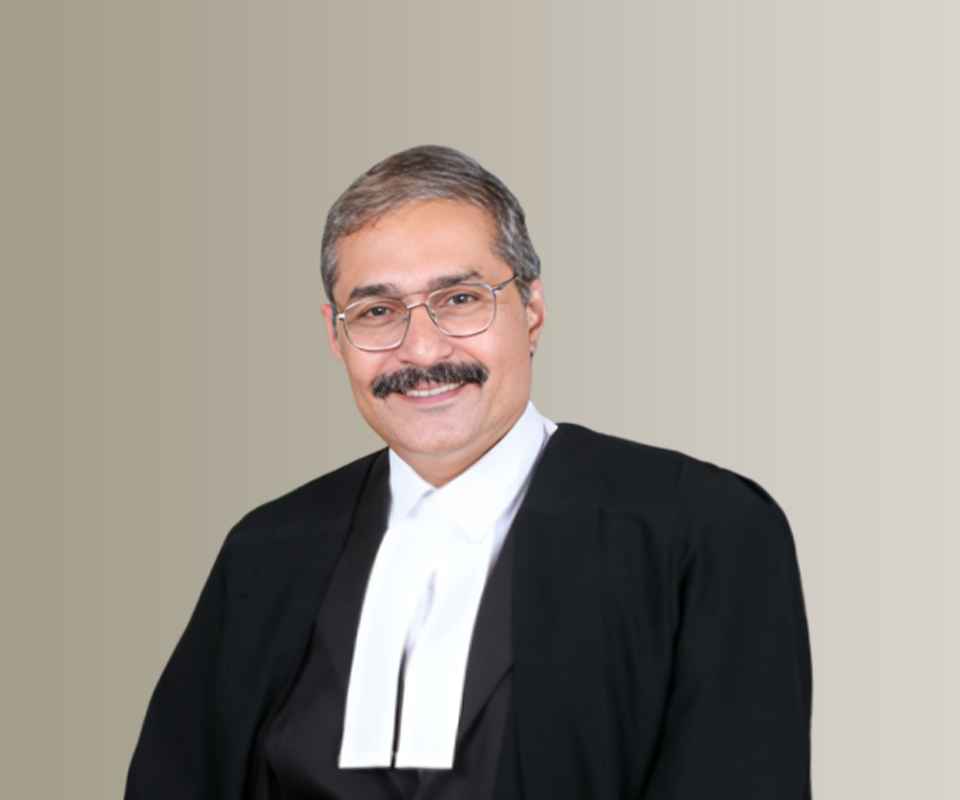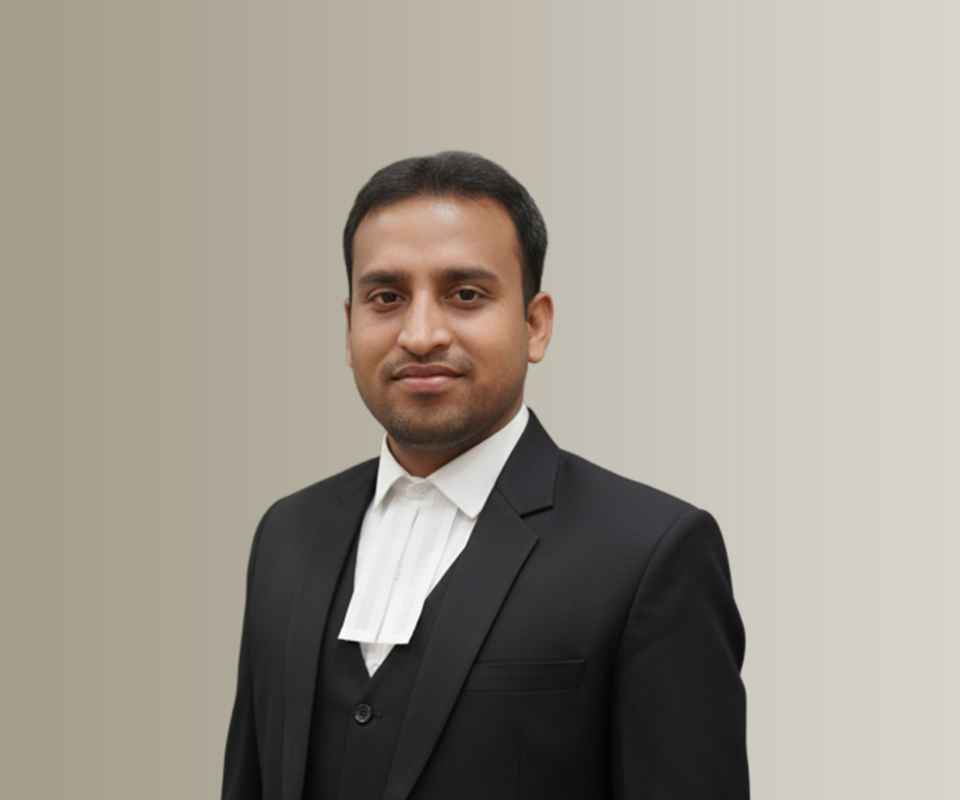Answer By law4u team
Yes, there are legal provisions in many countries that allow senior citizens to claim maintenance from their children if they are unable to support themselves financially. These provisions recognize the obligation of children to provide financial assistance to their elderly parents under certain conditions. In India, this is specifically governed by The Maintenance and Welfare of Parents and Senior Citizens Act, 2007.
Legal Provisions for Senior Citizens to Claim Maintenance from Children
The Maintenance and Welfare of Parents and Senior Citizens Act, 2007 (India): In India, the Maintenance and Welfare of Parents and Senior Citizens Act, 2007 is the primary law that provides senior citizens the legal right to claim maintenance from their children. The Act was enacted to ensure that elderly parents, who are unable to support themselves, can claim financial assistance from their children or legal heirs.
Eligibility: Senior citizens aged 60 years or above, who are unable to maintain themselves, can approach a Maintenance Tribunal to seek maintenance from their children or relatives.
Obligation of Children: The Act explicitly makes it a legal duty for children (sons or daughters) to support their parents if they are unable to do so due to financial incapacity. If children fail to provide maintenance, they can be legally compelled to do so.
Maintenance Amount: The Act allows parents to seek a reasonable amount of maintenance that they require for their daily living expenses, medical care, and welfare. The amount is determined based on the financial status of the children and the needs of the elderly parent.
Welfare and Healthcare: The Act also provides for the welfare and healthcare of senior citizens, ensuring that the maintenance they seek is not just limited to financial support but also includes the provision of adequate care and treatment.
Procedure to Claim Maintenance
Approaching a Tribunal: Senior citizens can file an application before a Maintenance Tribunal set up by the state governments under the Act. The Tribunal will inquire into the financial status of the children and determine the maintenance amount.
Fast-Track Process: The Tribunal is required to dispose of the application within 90 days of receiving the complaint, ensuring a speedy resolution.
Court Intervention: If the Maintenance Tribunal fails to act within the stipulated time frame, the elderly parent can approach the family court.
Circumstances for Claiming Maintenance
Senior citizens can claim maintenance in the following circumstances:
- Financial Inability: Senior citizens can claim maintenance if they are unable to support themselves due to old age, illness, or financial incapacity. It could also apply to parents who have become dependent on their children due to the absence of their own income or assets.
- Failure of Children to Provide Care: If children neglect their parents, either financially or emotionally, and fail to meet their basic needs, the parent can seek maintenance.
- Medical Expenses: If a senior citizen requires expensive medical treatment or has specific health needs that they cannot afford, they may claim maintenance for medical expenses.
- Estrangement or Neglect: If children intentionally neglect their duties to support their elderly parents, they can be legally compelled to pay maintenance.
Penalties for Non-Compliance
If the children fail to comply with the maintenance order, they can face legal consequences, including fines or imprisonment. The Act provides that children who refuse or neglect to provide maintenance can be fined up to ₹5,000 or face imprisonment for up to 3 months. In cases where children still fail to provide maintenance after a Tribunal’s order, their property may be attached to recover the amount due.
Exceptions
A child may be exempt from paying maintenance if they are themselves financially incapable or facing certain hardships. However, these exceptions are rare and must be proven to the satisfaction of the Tribunal.
Example
If an elderly parent is living alone, without any source of income, and their children refuse to financially support them despite having the means to do so, the parent can file a complaint under the Maintenance and Welfare of Parents and Senior Citizens Act, 2007. The Maintenance Tribunal would assess the situation and may order the children to pay a monthly maintenance amount. If the children fail to comply, they may face legal consequences, including fines or even imprisonment.
Conclusion
Yes, senior citizens have the legal right to claim maintenance from their children under The Maintenance and Welfare of Parents and Senior Citizens Act, 2007 in India and similar laws in other countries. These provisions ensure that children support their elderly parents, especially if they are unable to care for themselves due to financial difficulties or health issues. If the children fail to comply with the maintenance order, they can face legal penalties, including fines and imprisonment. This law serves as an important safeguard for the welfare of senior citizens, recognizing their right to financial support and care in their later years.







